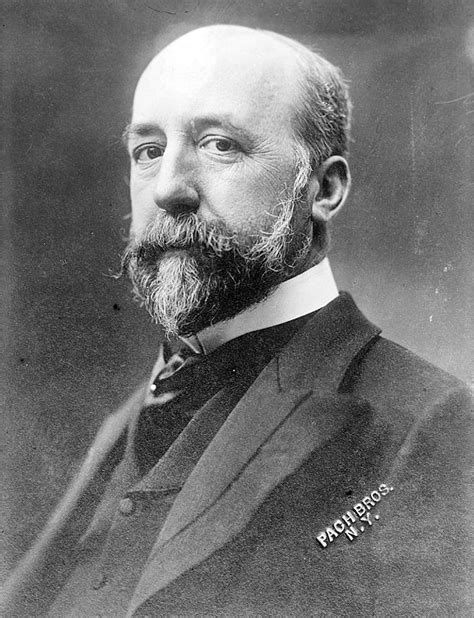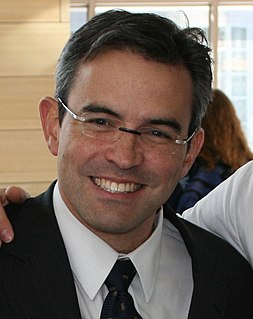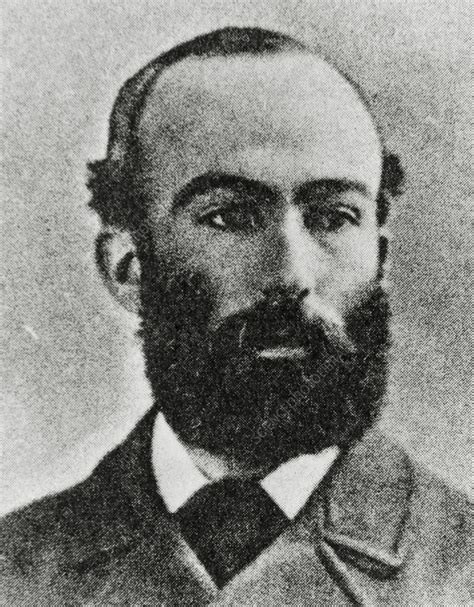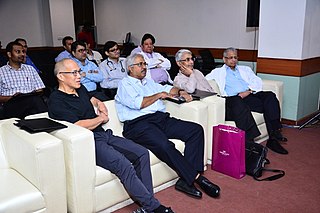A Quote by Allan Hamilton
I tell residents, if you gave me two patients with identical problems, and one of them had family at the bedside with a lot of laughter, plus photos and a quilt from home, and next door was another patient who was alone every time I came by - I'm going to be very nervous about the isolated patient's mental status.
Related Quotes
There's a classic medical aphorism: 'Listen to the patient; they're telling you the diagnosis.' Actually, a lot of patients are just telling you a lot of rubbish, and you have to stop them and ask the pertinent questions. But, yes, in both drama and medicine, isolated facts can accumulate to create the narrative.
It's been the greatest gift that I've been given. Because no matter how much my parents have asked me to be more patient, no matter much my husband has asked me to be more patient, none of it mattered until I had a kid. And then all of sudden I was like, "Oh. I have to be more patient." They were all like, "Yeah! We've been telling you that for twenty years!" And I find it to be a gift. Every day I'm more patient.
I use a portable pocket ultrasound device instead of a stethoscope to listen to the heart, and I share it with the patient in real time. 'Look at your valve, look at your heart-muscle strength.' So they're looking at it with me. Normally a patient is tested by an ultrasonographer who is not allowed to tell them anything.


































